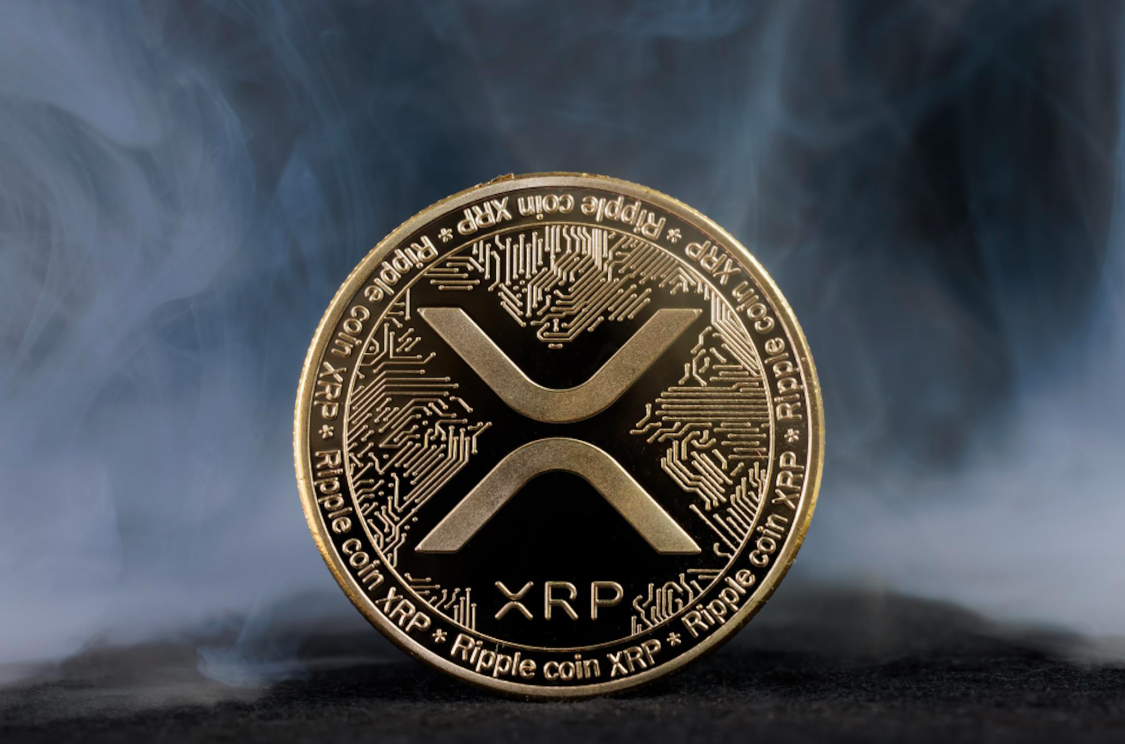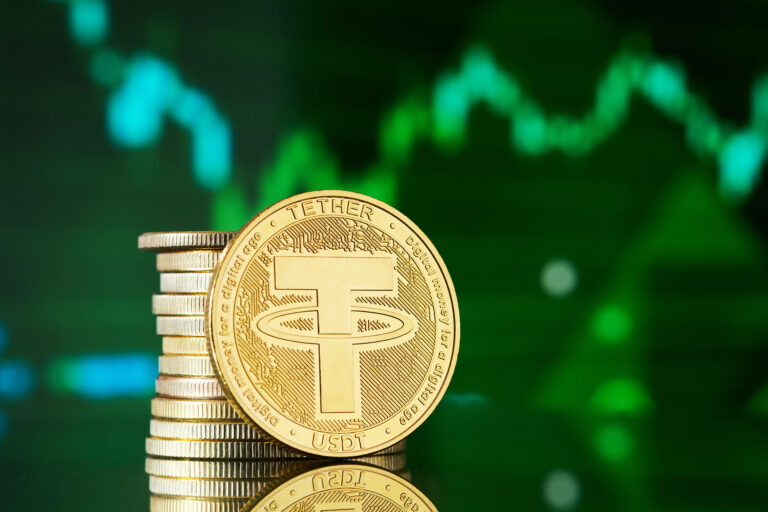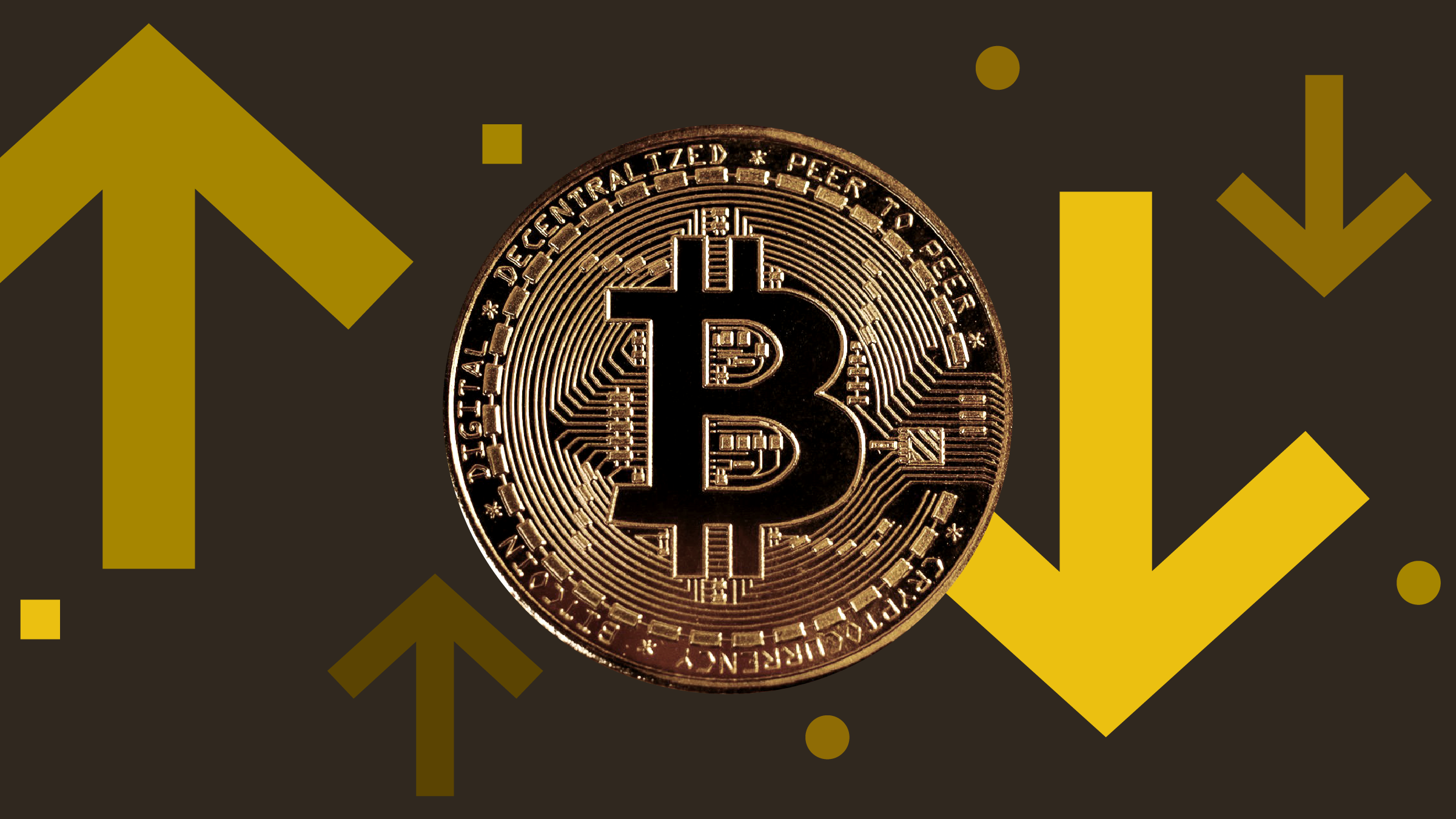Michael Saylor, chairman of MicroStrategy and a long-time Bitcoin advocate, has surprised the crypto community by supporting the inclusion of XRP and Cardano in the proposed U.S. national crypto reserve. His shift in stance represents a departure from his earlier belief that Bitcoin was the only suitable asset for national adoption.
Saylor’s Shift and Its Implications
In a recent CNBC interview, Saylor called the expansion of the crypto reserve a positive step for Bitcoin and the broader U.S. digital asset industry. While he has historically maintained that Bitcoin is the only viable cryptocurrency, he now acknowledges that a diversified reserve could encourage greater governmental support for digital assets, potentially accelerating Bitcoin’s long-term adoption.
This comes in response to President Donald Trump’s announcement that the national crypto reserve, initially focused solely on Bitcoin, would also include Ethereum, XRP, Solana, and Cardano. The decision underscores the government’s evolving stance on digital assets and signals a more inclusive regulatory approach.
Michael Saylor says that adding adding other tokens like XRP Solana Carano to the US strategic crypto fund, is bullish for bitcoin and is bullish for the entire US crypto industry 🏁🇺🇸 pic.twitter.com/YA8muYNrvG
— 𝗕𝗮𝗻𝗸XRP (@BankXRP) March 3, 2025
A Notable Reversal on XRP and Cardano
Saylor’s endorsement is particularly striking given his past criticisms of altcoins. He had previously labeled XRP an “unregistered security” and backed the U.S. Securities and Exchange Commission’s (SEC) regulatory actions against non-Bitcoin cryptocurrencies. However, his recent remarks suggest a more pragmatic view of XRP and Cardano’s role in the evolving digital economy.
He also pointed out the economic implications of Trump’s decision, predicting that a favorable regulatory environment for digital assets could unlock a $100 trillion market opportunity.
Industry Reactions and Concerns Over Centralization
While the announcement has sparked optimism, some industry leaders remain skeptical. Tyler Winklevoss, co-founder of Gemini, questioned the suitability of altcoins for a strategic reserve, emphasizing Bitcoin’s unmatched decentralization. Similarly, Bitcoin skeptic Peter Schiff raised concerns over XRP’s centralized control.
Meanwhile, Charles Hoskinson, founder of Cardano, defended the inclusion of his platform in the reserve, arguing that a multi-asset approach aligns with the industry’s growth trajectory.
Also Read: XRP Gains U.S. Government Recognition as Part of Trump’s National Crypto Reserve
The U.S. government’s decision to diversify its crypto holdings could reshape regulatory policies and market dynamics. Whether this move strengthens Bitcoin’s dominance or fuels further decentralization debates, the inclusion of XRP and Cardano marks a pivotal shift in U.S. digital asset policy.
Disclaimer: The information in this article is for general purposes only and does not constitute financial advice. The author’s views are personal and may not reflect the views of CoinBrief.io. Before making any investment decisions, you should always conduct your own research. Coin Brief is not responsible for any financial losses.




